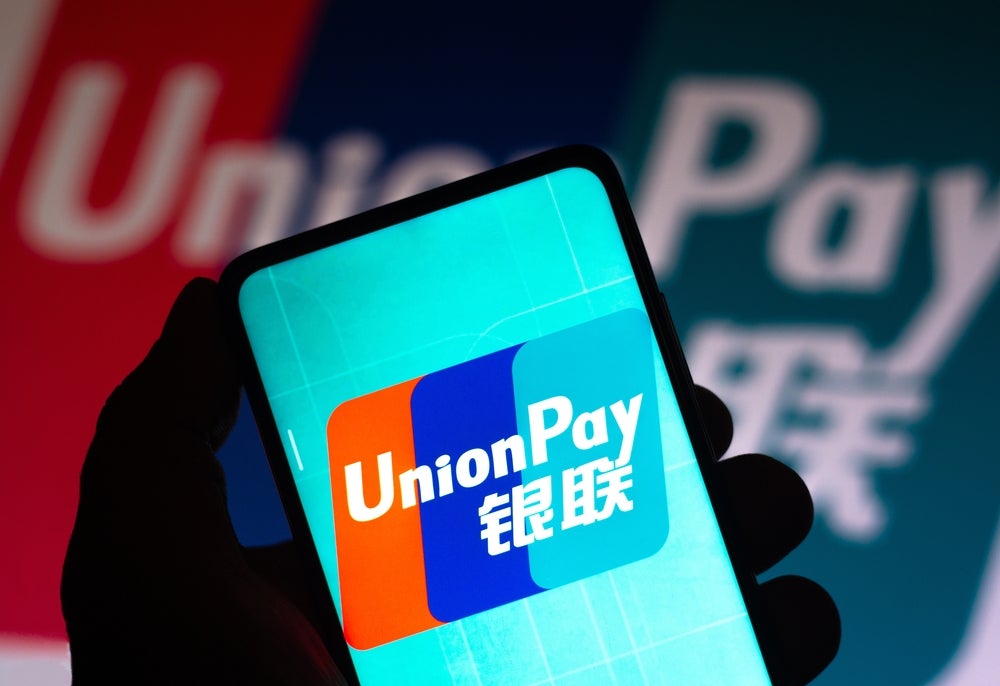VocaLink has evolved from being a domestic back-office supplier to an internationally-recognised player in the field of payments transaction provision. Now the company is looking at emerging technology channels as a way to boost business going forward. Maryrose Fison reports.
How well do you really know your competitors?
Access the most comprehensive Company Profiles on the market, powered by GlobalData. Save hours of research. Gain competitive edge.

Thank you!
Your download email will arrive shortly
Not ready to buy yet? Download a free sample
We are confident about the unique quality of our Company Profiles. However, we want you to make the most beneficial decision for your business, so we offer a free sample that you can download by submitting the below form
By GlobalDataVocaLink has emerged to become one of the leading payment specialists in Europe, processing 500m payments a month.
In less than ten years, it has multiplied its service offering by doubling the number of processing centres it runs from two to four, and increasing its number of clearing services offering from one to five.
The past two years have seen it form a number of partnerships and cooperations with players across the continent and it is playing an increasingly active role in helping to shape UK payment services through involvement with industry bodies and the government.
In April 2011, VocaLink launched a new SEPA Credit Transfer Service with Polands national clearing house Krajowa Izba Rozliczeniowa SA (KIR SA), and in October 2010 Austrian bank BEWAG confirmed it would outsource all of its SWIFT infrastructure to VocaLink. The same year, VocaLink developed partnerships with RBS, ABN AMRO and eWise and formed a co-operation with Banca dItalia.
Today it provides the central infrastructure for the UKs Faster Payments Service and it is working with BGC, the Swedish payments provider, to provide outsourced processing for Swedens domestic payments.

Speaking to Electronic Payments International, Nick Senechal, strategic business development manager at VocaLink, explained the business plans to help enhance payment services nationally and the role new technology is having on strategic plans.
Referring to the white paper on Pay As You Earn improvements launched by HM Revenue & Customs last October, Senechal explained how VocaLink hoped to help boost consumer experiences with payment transactions.
"One of the most important things we are working on is helping the government on their Real Time Information (RTI) initiative which will assist the way that payments are used and paid within the context of salaries, wages and taxation information," he explained.
As well as this, the company is working with the industry and Independent Banking Commission (IBC) on ways to support payments made by mobile phone and how to speed up routine banking services such as account transfers.
"One of the critical new ways to pay is via mobile phone and we are working closely to support the Payments Council to see how we can use the existing clearings from the UK," he said. "We are particularly looking at those clearings which work in real time like Faster Payments and Link to support these initiatives so as to enable mobile payments from person-to-person at least initially."
Over the longer term, he said the company would like to extend this service but the first priority would be to enable consumers to make a payment from person-to person or from person-to-small business. While some banks currently allow consumers to access Faster Payments, the companys goal is to enable interoperability between all banks on a common platform basis.
Another key area for VocaLink this year will be helping create systems that allow consumers to transfer their accounts between banks more quickly a subject which has come under the spotlight in recent years after watchdogs criticised banks for taking too long.
"We already provide some facilities that help with transferring direct debits and standing orders from one bank to another, and we are looking at ways to improve those facilities," he said.
"One way to do this would be to make the facilities more encompassing. At the moment they cover some types of payment but not all. Another way is to support banks in enabling a quicker transfer process, by cutting transfer cycle times down by, for example, using more real-time services perhaps than BACS services to do this."
As well as looking at immediate business opportunities, Senechal is looking at ways to build up the companys long-term business through development of a pipeline. With the possibility that real-time and online payments may replace BACS in the future, he says the company is putting a lot of effort into seeing how its payments services can be connected to emerging channels.
"Mobile payments are the first and easiest to recognise but in the future I think we will be looking at payments that originate from areas like social networking and payments that are embedded in certain types of transaction like when you go to buy a railway ticket for example," he explains. "This is a much longer-term goal but we have to do the work now although you probably wont see the results for a couple of years."
The company is also looking at how it could package and export Faster Payments, outside the eurozone, and Senechal says there is a significant pipeline of opportunities.








